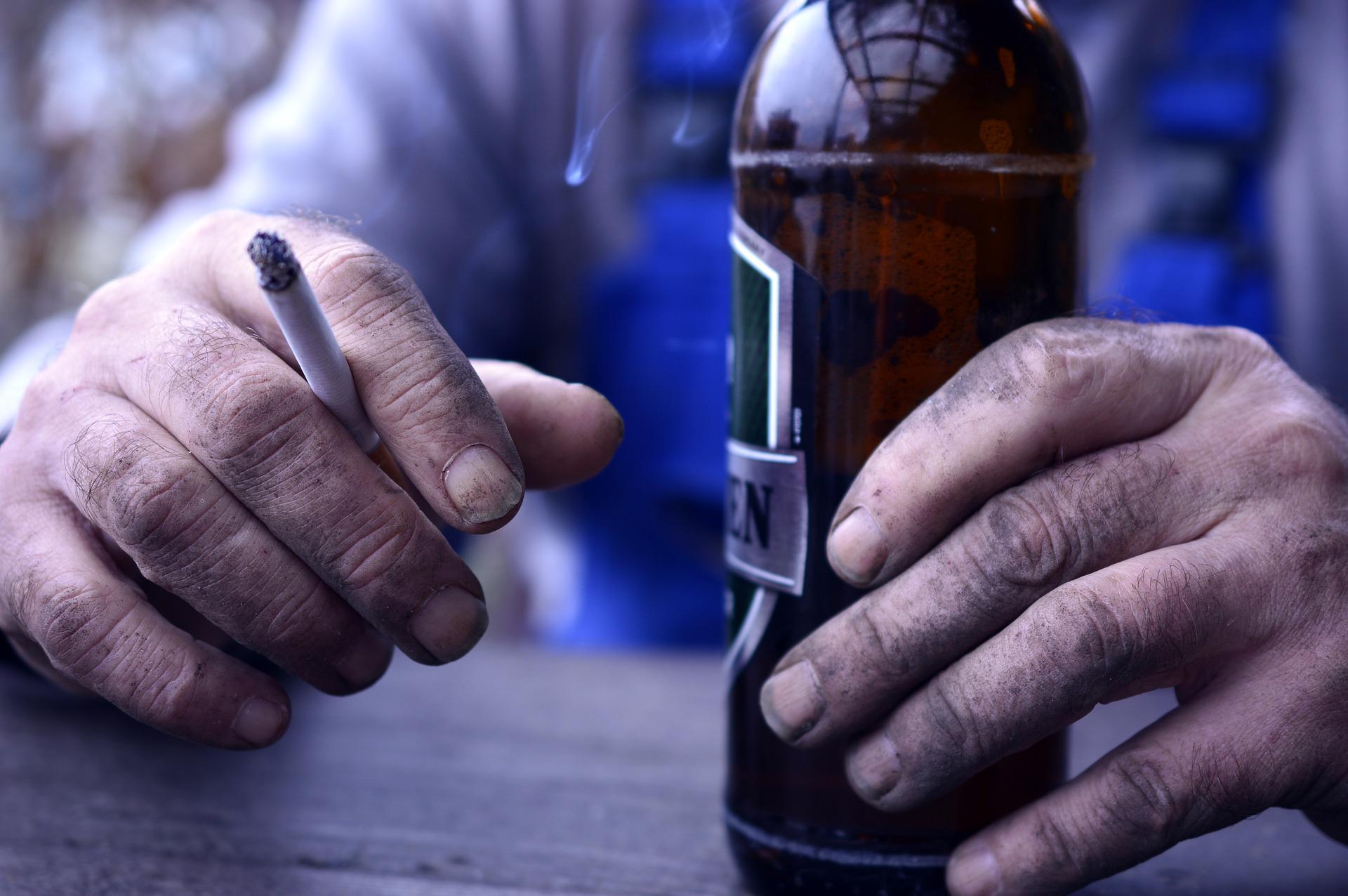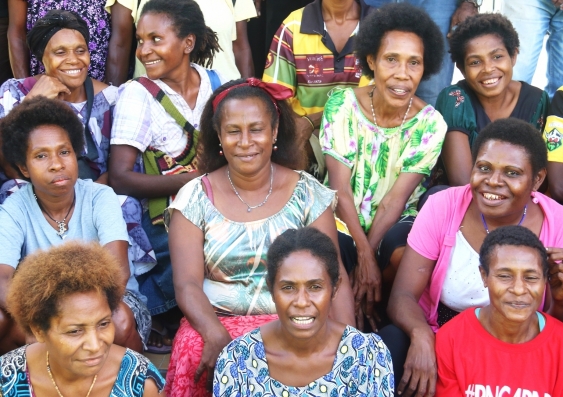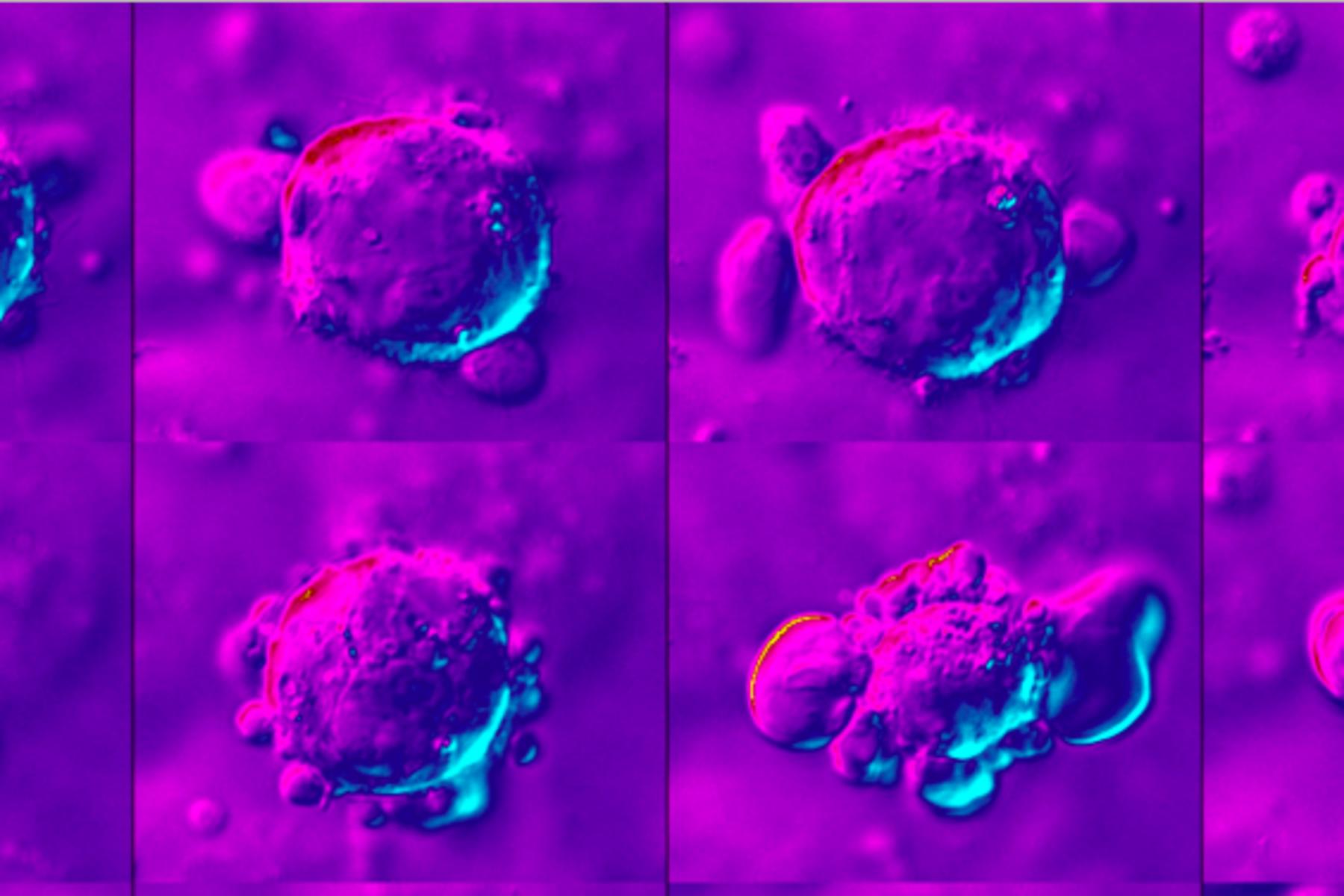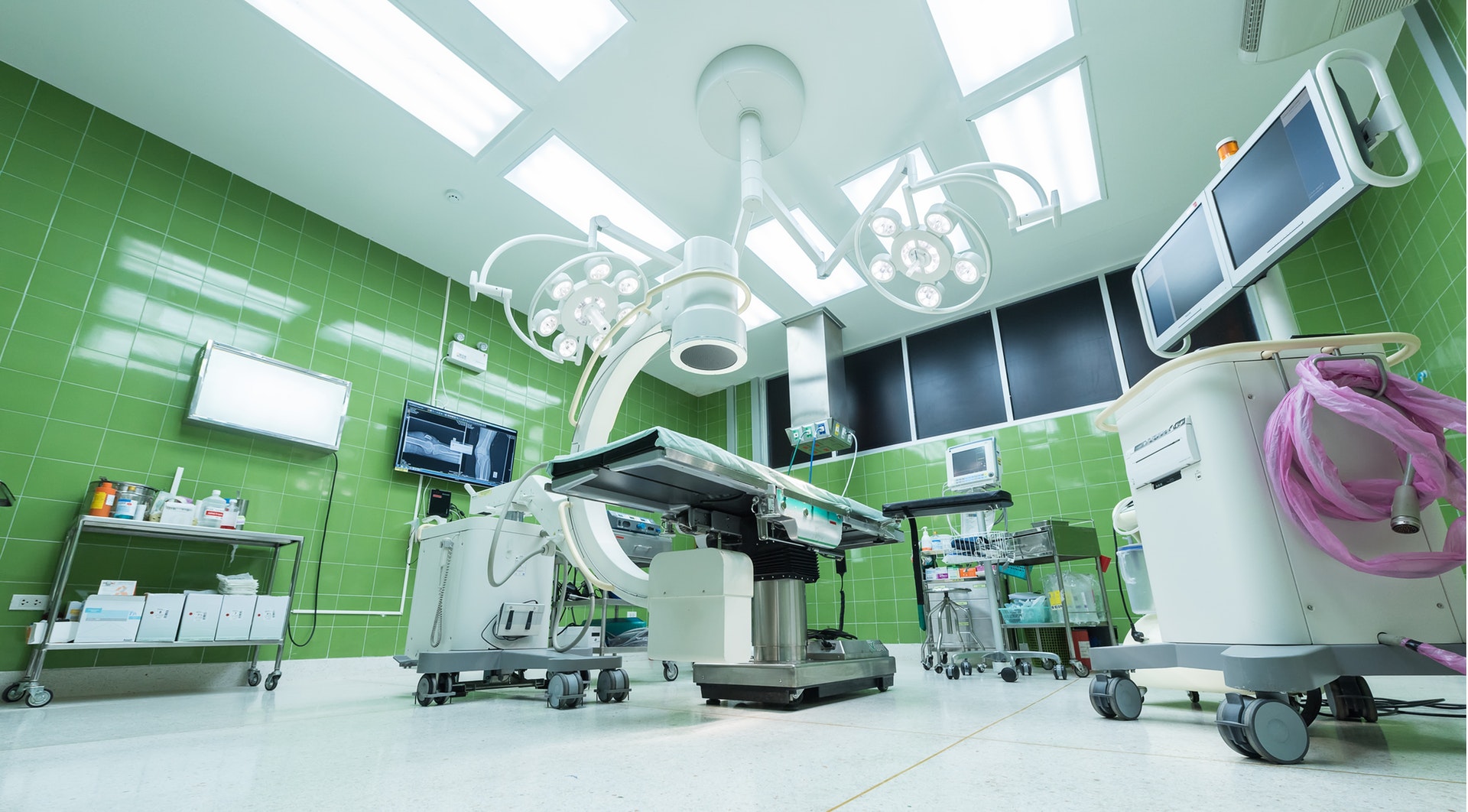-
Lifestyle factors cause half the global cancer toll
Open Forum | August 21, 2022Smoking, alcohol, obesity and other known risk factors were responsible for nearly 4.45 million global cancer deaths in 2019, according to new research published in The Lancet.
-
Tackling cervical cancer in the Western Pacific
Lucienne Bamford | April 21, 2021Researchers at The Kirby Institute will collaborate on a first-of-its-kind program to set Papua New Guinea and Vanuatu on a path to eliminating cervical cancer.
-
Solving cancer’s genetic jigsaw
Cheryl Critchley | February 14, 2020Mapping the human genome is revolutionising medicine, and better understanding of its genetic roots could help turn cancer into a more manageable chronic disease like diabetes.
-
The atlas of cancer
Nerissa Hannink | February 10, 2020Scientists around the world have collaborated to create the most comprehensive map of whole cancer genomes to date, improving our fundamental understanding of cancer and how to treat it.
-
First, do no harm
Open Forum | January 28, 2020Australians are increasingly being diagnosed with cancers that will do them no harm if left undetected or untreated, exposing them to unnecessary surgeries and chemotherapy.
-
Whole-genome sequencing is changing cancer care
Maarten IJzerman | May 1, 2019Whole-genome sequencing is changing the treatment of cancer in Australia but we have to understand the scope of its usefulness in the real-world to support a more sustainable, affordable health system.
-
There’s no such thing as a safe tan
Katie Lee | January 12, 2019Getting outdoors in the sunshine is essential for both our physical and mental health but protecting ourselves from the pitiless Australian sun is vital if we want to avoid skin cancer.
-
Keep slapping on the suncream
Open Forum | November 23, 2018It’s safe to slap on the sunscreen this summer – in repeated doses – despite what you may have read about the potential toxicity of sunscreens.
-
Queensland cancer patients hit by out of pocket costs
Open Forum | June 12, 2018One quarter of Queenslanders diagnosed with cancer will pay upfront doctors’ fees of more than $20,000 in the first two years, according to a new study shining a light on out-of-pocket costs for survivors.










